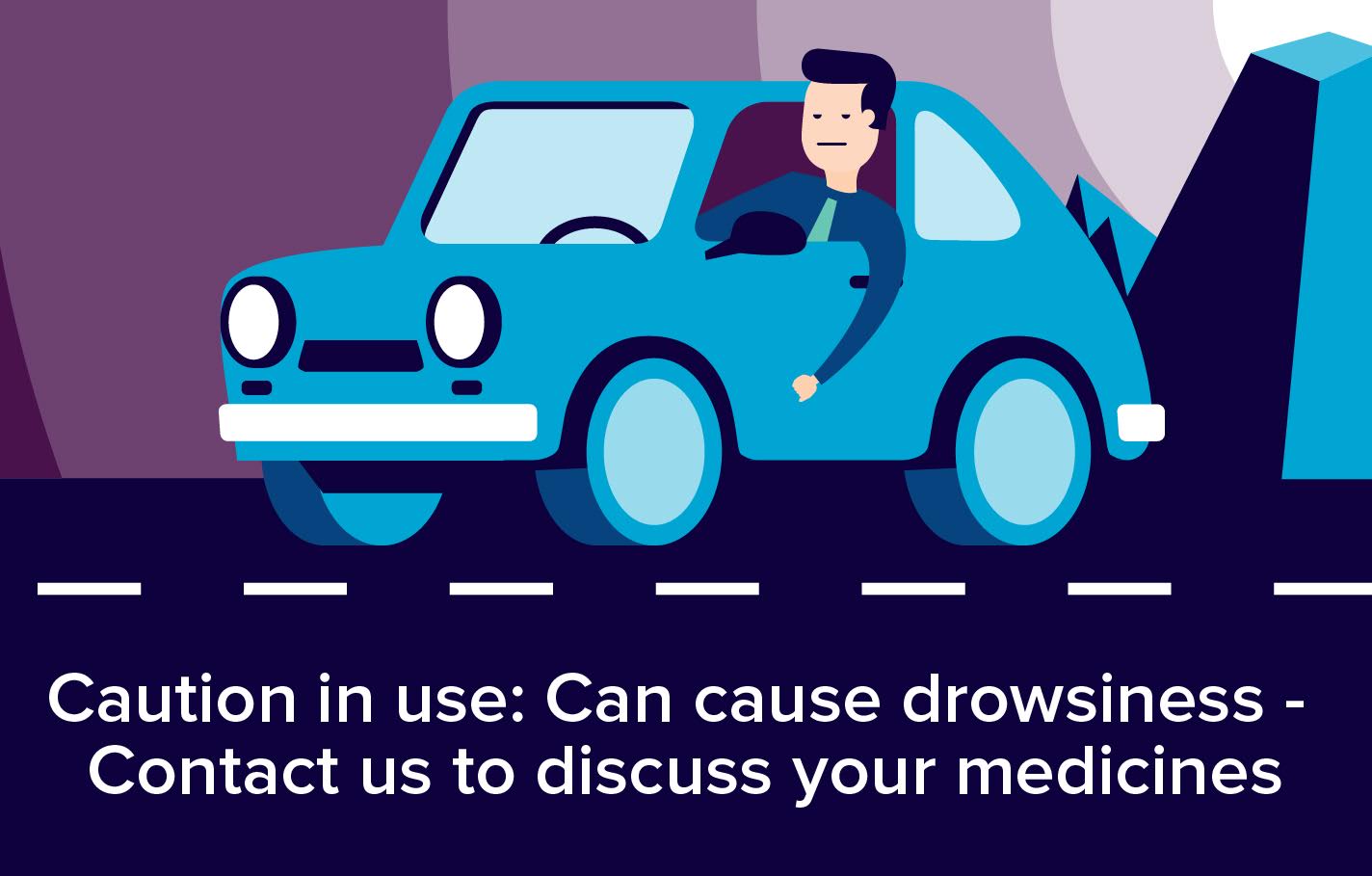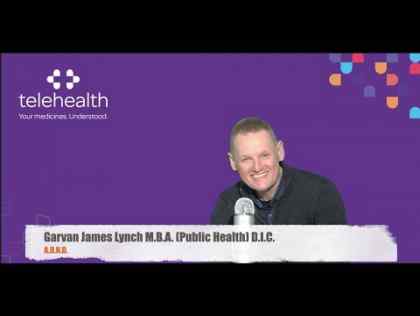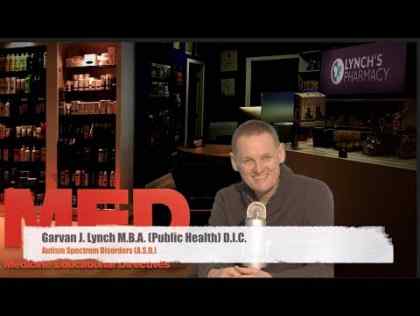Ritalin tablets contain the active ingredient methylphenidate hydrochloride, which is a type of medicine called a stimulant. It is used to treat attention deficit hyperactivity disorder (ADHD) in children.

How does it work?
Stimulants are related to amphetamines, which might make them seem an odd choice for treating hyperactive children, because stimulants increase activity in the brain and normally make people more alert and active. However, stimulants at the doses used for ADHD have the opposite effect.
Methylphenidate works by affecting some of the natural chemicals that are found in the brain. In particular, it increases the activity of chemicals called dopamine and noradrenaline in areas of the brain that play a part in controlling attention and behaviour. These areas seem to be underactive in children with ADHD. It is thought increasing the activity of these chemicals improves the function of these underactive parts of the brain. We still don’t fully understand how stimulants work in children with ADHD, and they don’t work for everyone. But they can be very useful at helping some children to learn to control their behaviour.
Ritalin tablets are immediate-release tablets. They start working within about 30 to 60 minutes of taking a dose, and the effects wear off about three to four hours later. This means they usually need to be taken two to three times a day, ie a dose at breakfast and at lunchtime, with some children also needing a dose in the early evening as well.
What is it used for?
- Attention deficit hyperactivity disorder (ADHD).
Methylphenidate is not used for all children with ADHD. It is used as part of a comprehensive treatment programme for ADHD that includes psychotherapy and behavioural management techniques, and is only used in children in whom these treatments have proved to be insufficient on their own. It should only be used under the supervision of a specialist in childhood behavioural disorders, and only after the severity of the child's symptoms has been thoroughly assessed.
How do I take it?
-
Ritalin tablets usually need to be taken two to three times a day, ie a dose at breakfast and at lunchtime, with some children also needing a dose in the early evening as well. Follow the instructions given by your doctor.
-
The last dose should ideally not be within four hours of bedtime, because this may cause trouble getting to sleep.
-
Ritalin tablets should be swallowed with a drink. The tablets can be taken either with or without food.
-
Ritalin tablets may be broken or crushed for children who cannot swallow them whole.
-
If you forget to take a dose don't worry, just leave out the missed dose and take your next dose when it is due. Do not take a double dose to make up for a missed dose.
Use with caution in
-
People with marked anxiety, agitation or tension.
-
People with a personal or family history of involuntary muscle spasms (twitches or tics).
-
People with a personal or family history of Tourette's syndrome (characterised by involuntary repetition of speech, in particular obscene or vulgar words).
-
People with a personal or family history of psychiatric illness.
-
People with a history of alcohol or drug abuse.
-
High blood pressure (hypertension).
Not to be used in
-
Children under six years of age.
-
People who have taken a monoamine-oxidase inhibitor antidepressant (MAOI) in the last 14 days.
-
People with a history of severe depression or thoughts of suicide.
-
People with a history of mania.
-
Type 1 bipolar disorder that is not well controlled.
-
People with a history of other severe mood disorders.
-
People with a history of psychotic symptoms (having abnormal thoughts or visions or hearing abnormal sounds).
-
People with a history of schizophrenia.
-
People with a psychopathic or borderline personality disorder.
-
People with very high blood pressure (hypertension).
What are the side effects?
Medicines and their possible side effects can affect individual people in different ways. The following are some of the side effects that are known to be associated with this medicine. Just because a side effect is stated here does not mean that all people using this medicine will experience that or any side effect.
Very common (affect more than 1 in 10 people)
Common (affect between 1 in 10 and 1 in 100 people)
-
Decreased appetite.
-
Reduced weight and height gain with prolonged use in children.
-
Increased heart rate.
-
Awareness of your heartbeat (palpitations).
-
Irregular heartbeats (arrhythmias).
-
Emotional highs and lows.
-
Irritability.
-
Aggression.
-
Agitation.
-
Abnormal behaviour.
-
Drowsiness.
-
Movement disorders (dyskinesias).
-
Gut disturbances such as abdominal pain, nausea, vomiting, diarrhoea.
-
Dry mouth.
-
Skin reactions such as rash or itching.
-
Pain in the joints (arthralgia).
-
Decreased sex drive and difficulty getting an erection.
Uncommon (affect between 1 in 100 and 1 in 1000 people)
- Abnormal involuntary movements (twitching or tics).
- Psychotic disorders.
- Hallucinations.
- Suicidal thoughts.
- Chest pain.
- Double or blurred vision.
- Constipation.
- Shortness of breath.
- Fatigue.
- Blood in the urine.
Very rare (affect less than 1 in 10,000 people)
-
Cold hands and feet.
-
Disturbances in the normal numbers of blood cells in the blood. Your doctor may want to do blood tests from time to time to make sure there are no problems with your blood cells.
-
Liver problems. Symptoms that could indicate liver problems include unexplained itching, nausea and vomiting, right-sided abdominal pain, loss of appetite or flu-like symptoms; yellowing of the skin or eyes (jaundice); or unusually dark urine. Tell your doctor if you experience any of these symptoms while taking this medicine.
-
Inflammation of the arteries in the brain (cerebral arteritis).
-
Convulsions (fits).
How can this medicine affect other medicines?
-
You should tell your doctor what medicines your child is already taking before they start treatment with this medicine. This includes medicines bought without a prescription and herbal medicines. Likewise, once treatment has started you should always check with your doctor or pharmacist before using any new medicines, to make sure the combination is safe.
-
If this medicine is taken within 14 days of taking a monoamine oxidase inhibitor antidepressant (MAOI, eg tranylcypramine, phenelzine, isocarboxazid, moclobemide) there may be a risk of a dangerous rise in blood pressure (hypertensive crisis). For this reason methylphenidate should not be taken by people who have taken an MAOI in the previous 14 days.
-
Check with your pharmacist before giving cough and cold remedies to children taking methylphenidate, as these types of medicines sometimes contain ingredients that may affect blood pressure, and could be unsuitable to use in combination with methylphenidate.
Methylphenidate may increase the blood levels of the following medicines:
-
the antiepileptic medicines fosphenytoin, phenytoin, primidone and phenobarbital
-
tricyclic antidepressants, eg imipramine.
If you have any more questions please ask your Pharmacist.
Remember to keep all medicines out of reach of children
Please Note: We have made every effort to ensure that the content of this information sheet is correct at time of publish, but remember that information about drugs may change. This sheet does not list all the uses and side-effects associated with this drug. For full details please see the drug information leaflet which comes with your medicine. Your doctor will assess your medical circumstances and draw your attention to any information or side-effects which may be relevant in your particular case.
References:
http://www.netdoctor.co.uk/adhd/medicines/ritalin.html
http://www.nhs.uk/medicine-guides/pages/MedicineSideEffects.aspx?condition=Behavioural%20Problems&medicine=ritalin%20XL
http://www.medicines.org.uk/EMC/medicine/8382/SPC/Concerta+XL+18+mg+%20+36+mg+prolonged+release+tablets/
http://en.wikipedia.org/wiki/Methylphenidate
http://www.netmums.com/coffeehouse/live-webchats-657/live-webchat-archive-778/q-adhd-tv-gp-dr-sarah-jarvis-829/827573-concerta-xl-side-effect-worries-all.html
http://www.drugs.com/uk/concerta-xl-27mg-prolonged-release-tablets-leaflet.html



